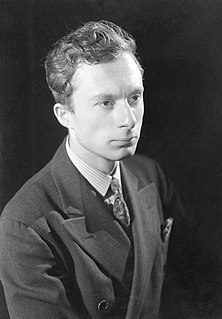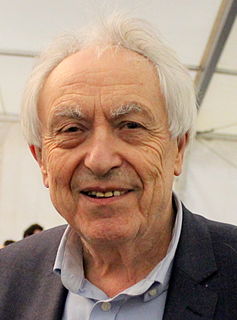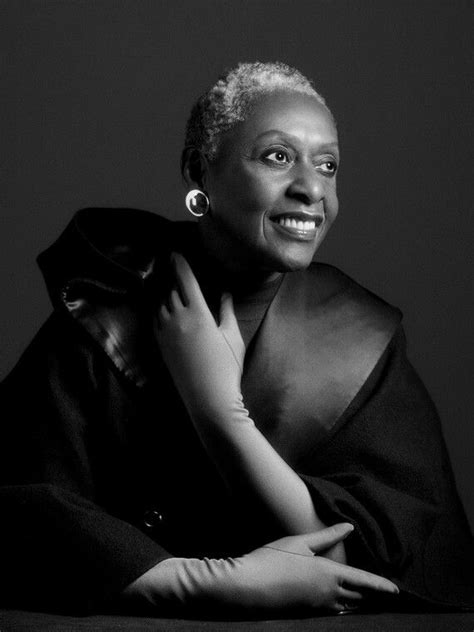A Quote by Rob Sheffield
I had no voice to talk with because she was my whole language.
Related Quotes
Sarah Buckley is precious, because she is bilingual. She can speak the language of a mother who gave birth to her four children at home. She can also speak like a medical doctor. By intermingling the language of the heart and the scientific language she is driving the history of childbirth towards a radical and inspiring new direction.
I was the first person that had been so kind to Iman Abdulmajid. As time went on, and she became successful, signed with an agency, when she had to make big decisions, she wouldn't always talk to an agent, she'd ask me. I'd give her good advice and she'd be on her way. When I had ideas to do things like the Black Girls Coalition, I would always talk to her, she always loved my ideas. She trusts me.
She is convinced that when language dies, out of carelessness, disuse, indifference and absence of esteem, or killed by fiat, not only she herself, but all users and makers are accountable for its demise. In her country children have bitten their tongues off and use bullets instead to iterate the voice of speechlessness, of disabled and disabling language, of language adults have abandoned altogether as a device for grappling with meaning, providing guidance, or expressing love.
Imagine a poem written with such enormous three-dimensional words that we had to invent a smaller word to reference each of the big ones; that we had to rewrite the whole thing in shorthand, smashing it into two dimensions, just to talk about it. Or don’t imagine it. Look outside. Human language is our attempt at navigating God’s language; it is us running between the lines of His epic, climbing on the vowels and building houses out of the consonants.
She was a keen observer, a precise user of language, sharp-tongued and funny. She could stir your emotions. Yes, really, that's what she was so good at - stirring people's emotions, moving you. And she knew she had this power...I only realized later. At the time, I had no idea what she was doing to me.
She smiled. She knew she was dying. But it did not matter any longer. She had known something which no human words could ever tell and she knew it now. She had been awaiting it and she felt it, as if it had been, as if she had lived it. Life had been, if only because she had known it could be, and she felt it now as a hymn without sound, deep under the little whole that dripped red drops into the snow, deeper than that from which the red drops came. A moment or an eternity- did it matter? Life, undefeated, existed and could exist. She smiled, her last smile, to so much that had been possible.
I had dinner with Marlene Dietrich in the early 1970s. I went to pick her up and she had someone with her, a dreadful man. He was writing a book about her, and he said to her, 'You're so cold when you perform,' and she said, 'You didn't listen to the voice.' She said the difficulty was to place the voice with the face.
She alone dares and wishes to know from within, where she, the outcast, has never ceased to hear the resonance of fore language. She lets the other language speak - the language of 1,000 tongues which knows neither enclosure nor death. To life she refuses nothing. Her language does not contain, it carries; it does not hold back; it makes possible.

































